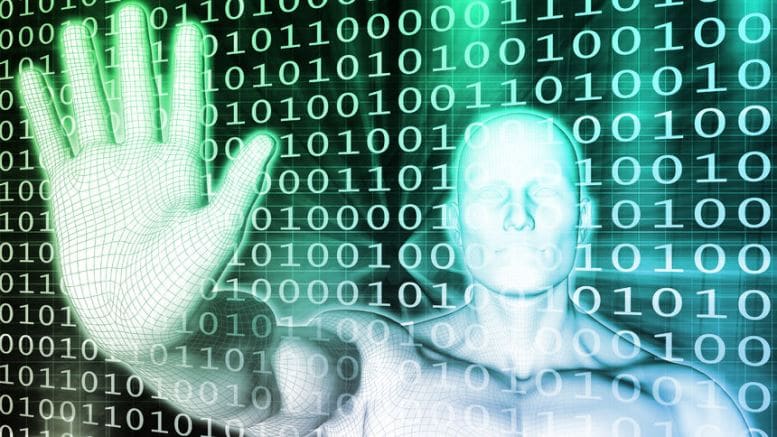By Brent Scott
Cyber crimes and data breaches are at an all-time high. In fact, it is said that by 2021, cyber crime damages will cost the world roughly $6 trillion annually. Crazy, I know. That is why it is important to know what these crimes actually consist of and how you can prevent yourself from falling victim.
Cyber crimes cause a host of disastrous consequences including corruption and loss of data, fraud, stolen money, identity theft, as well as theft of intellectual property and financial data; all of which can cause harm to your reputation. Unfortunately, cyber crimes are becoming one of the biggest obstacles we have to face not only in public but at home and in the workplace as well. With World Backup Day just recently passing us on March 31, now is the time to take the proper precautions to protect our personal information. Below are some tips on ways to keep your data better protected when using your devices and online.
Devices:
- Turn Off Geotagging
Having your geolocation data on can reveal intimate, private details about people’s lives. This can include visits to a doctor’s appointment, treatment clinics, prospective employers, and more. Geotagging your photos may seem cool, however, while you are letting friends and families know where you are with your posts, you are also at risk of tipping off potential stalkers. This can all be avoided by simply turning off your geolocation.
- Install and Update Security Software
We are all aware of those annoying pop-ups asking for updates on our devices. Ignoring them becomes an easy habit because they take up a couple minutes of our time. However, those couple minutes can save you from days, months or even years of repairing a mess from hackers collecting your personal information, putting you at risk for identity theft, loss of money, credit score damage, and more.
- Avoid Untrusted USB Charging Stations
Try to avoid plugging your phone into a public usb charging station, such as in airports, cafes and public transportation. This is a quick and easy way for hackers to obtain your personal information within minutes while leaving you completely unaware.
Online:
- Avoid Public Wifi
Utilising a free public wi-fi network can be connected to a number of severe security risks, yet an overwhelming amount of people do it anyway. According to a study done by privatewifi.com, “three-quarters of people admitted to connecting to their personal email while on public wi-fi.” You have to ask yourself, is a few moments of conveniently free wi-fi worth the potential risk of your money, identity and personal information being swiped?
- Create a Strong Password
This may seem like a no brainer tip bu,t unfortunately, one of the most common ways that hackers break into devices is by guessing passwords. Thanks to modern technology, many devices tend to connect with other computing devices and are able to share information, and in most cases are attached to things like your bank accounts, making your money easily accessible to a hacker. In addition to creating a strong password, it is also important to store your password safely or avoid storing it at all.
- Monitor Your Credit Report
Your credit can affect how you make and plan for your purchases in life, so it is important to always be aware of its status. By ignoring your credit report, you can cause significant problems to your personal information, one of them being hacked by a cyber criminal. If you’re victimised, it can take months to dispute fraudulent charges. On average, victims spend between 200 and 500 hours repairing the damage.
By incorporating these tips into your everyday routine, at home and work, you will lessen your chance of becoming hit by the repercussions of a cyber attack.
Brent Scott is a cyber security and internet crime specialist.






Be the first to comment on "How to protect your digital identity from cyber crime"